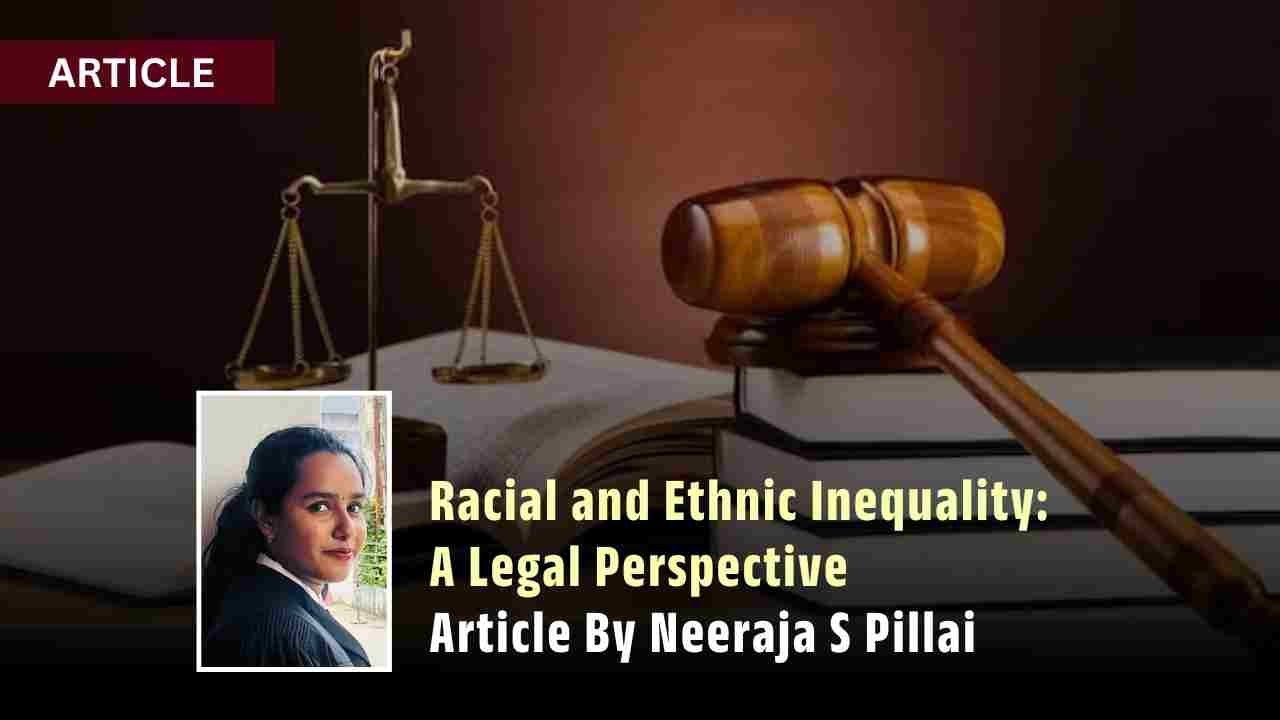Racial and ethnic inequality continues to undermine the principles of justice and equality in society. This article explores the historical context of these disparities, their manifestations across various sectors, and the legal mechanisms necessary for reform.
The legacy of colonization, slavery, and segregation has established systemic barriers that persist today, affecting access to education, employment, healthcare, and justice. Despite significant advancements in civil rights, substantial disparities remain, necessitating a critical examination of existing legal frameworks.
Manifestations of Inequality
Education: Racial and ethnic minorities often attend underfunded schools, resulting in significant disparities in educational outcomes. Landmark rulings, such as Brown v. Board of Education, aimed to address these inequalities, yet many schools remain segregated by socioeconomic status.
Employment: Discrimination in hiring and promotion practices continues to hinder economic mobility for individuals from marginalized backgrounds. Research indicates that applicants with “ethnic-sounding” names face significant barriers in the job market.
Healthcare: Marginalized communities frequently experience higher rates of chronic illnesses and lower life expectancy due to inadequate access to quality healthcare. The COVID-19 pandemic has further exacerbated these disparities.
Criminal Justice: The criminal justice system disproportionately impacts racial and ethnic minorities, who are more likely to be arrested, convicted, and sentenced to harsher penalties. Policies such as mandatory minimum sentencing have intensified these disparities.
Voting Rights: Voter suppression tactics disproportionately affect racial and ethnic minorities, undermining their political power and representation.
Legal Mechanisms for Change
Strengthening Anti-Discrimination Laws: Enhancing the enforcement of existing anti-discrimination laws and introducing new legislation to address emerging forms of discrimination are critical steps toward achieving equality.
Promoting Inclusive Policies: Policymakers must prioritize inclusive policies that address the unique needs of marginalized communities, including targeted funding for education and healthcare initiatives.
Criminal Justice Reform: Comprehensive reforms are necessary to address systemic bias within the criminal justice system, including revising sentencing guidelines and implementing restorative justice practices.
Advocacy and Community Engagement: Empowering marginalized communities to engage in advocacy and decision-making processes is essential for fostering social justice.
International Human Rights Frameworks: Engaging with international human rights treaties can provide additional avenues for addressing racial and ethnic inequality, holding governments accountable for reform.
Conclusion
Racial and ethnic inequality is a complex issue that requires urgent attention and action. By understanding the historical context and current manifestations of these disparities, legal professionals can advocate for meaningful reforms that promote justice and equity. The pursuit of racial and ethnic equality is not only a legal obligation but a moral imperative that benefits society as a whole. Dismantling systemic barriers is essential for fostering a fair and just society for all individuals, regardless of their racial or ethnic background.




